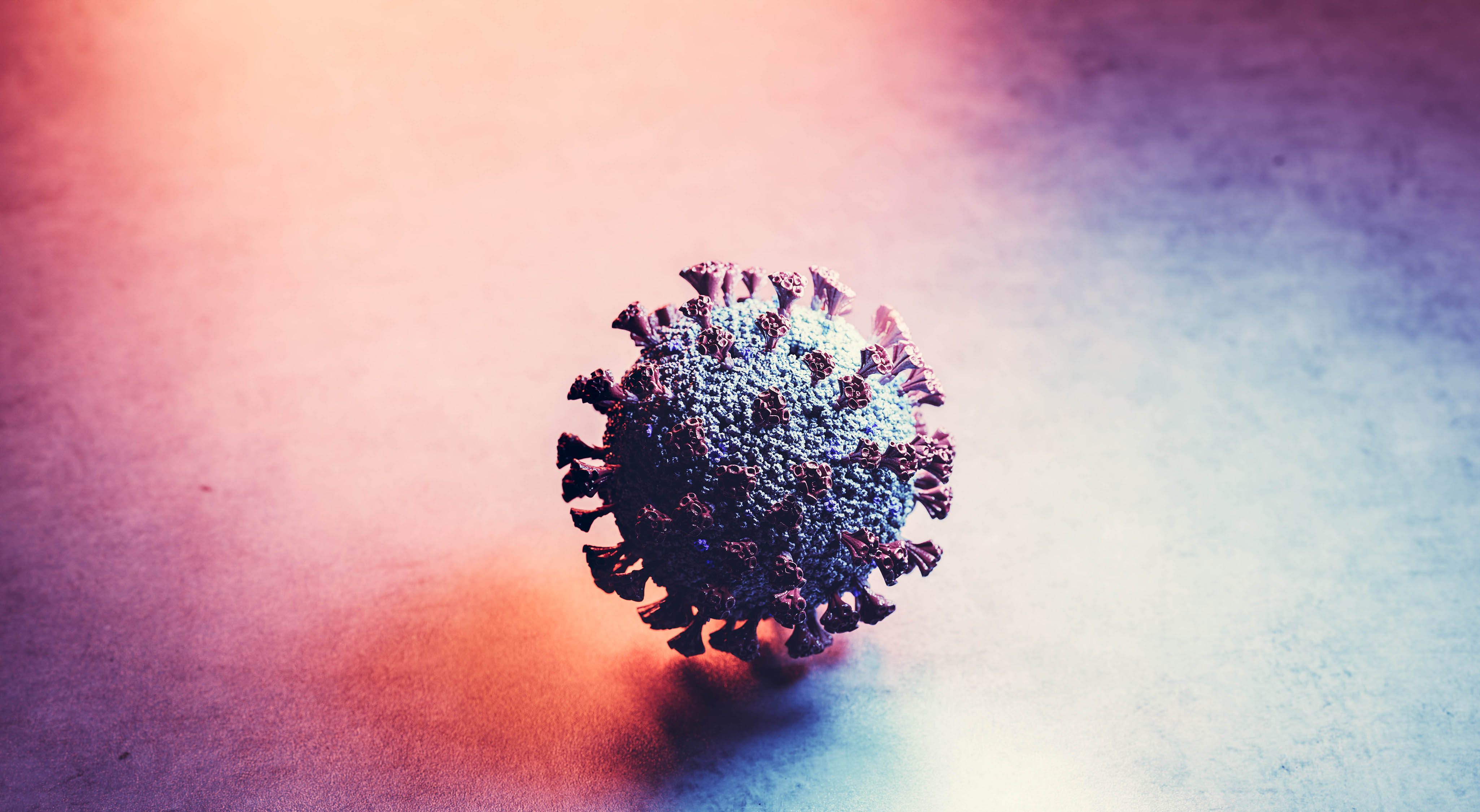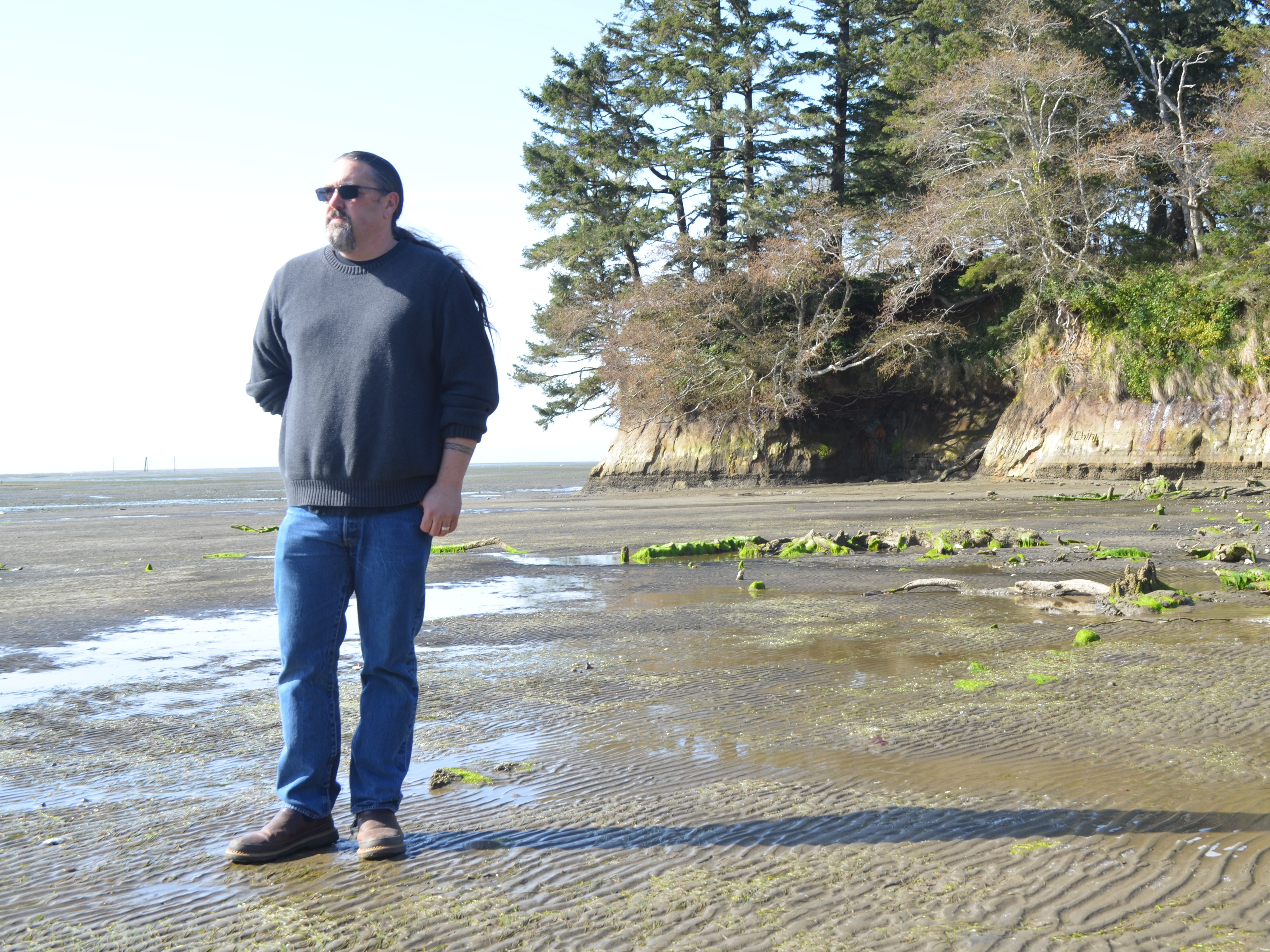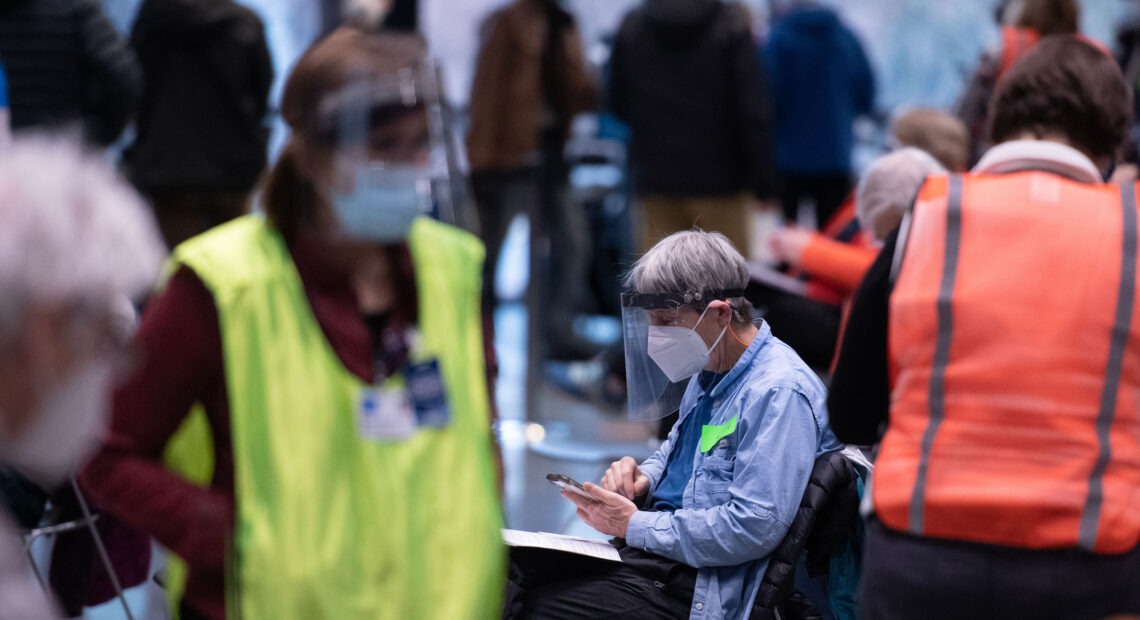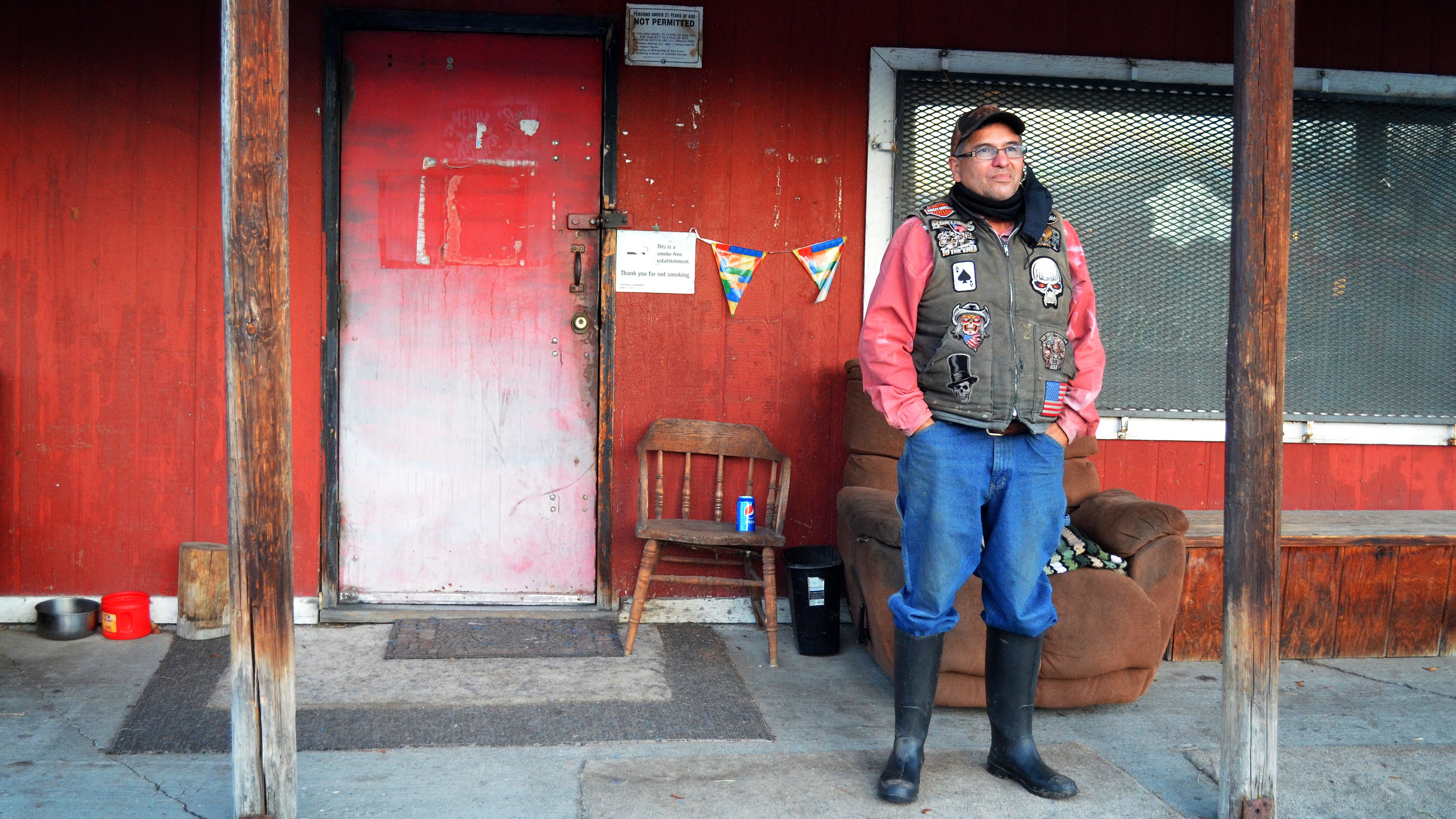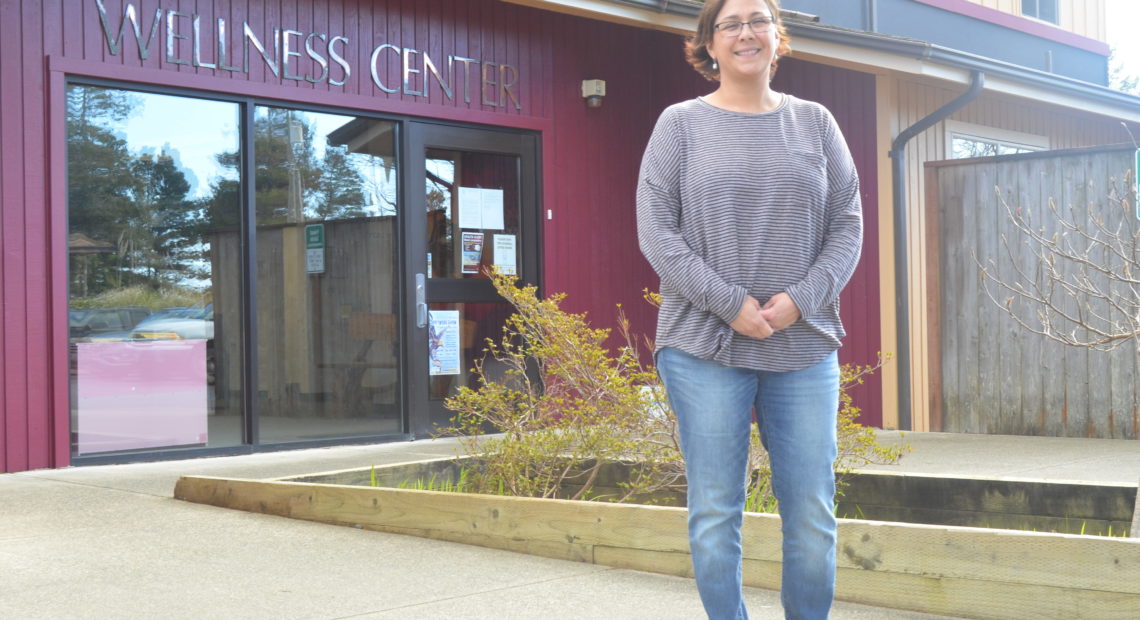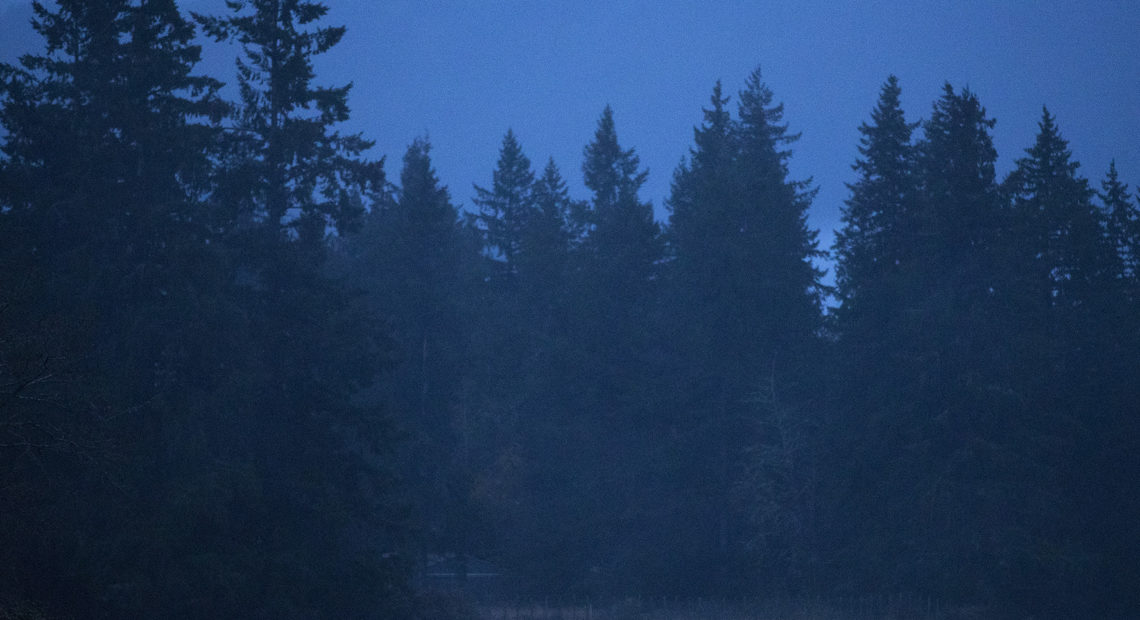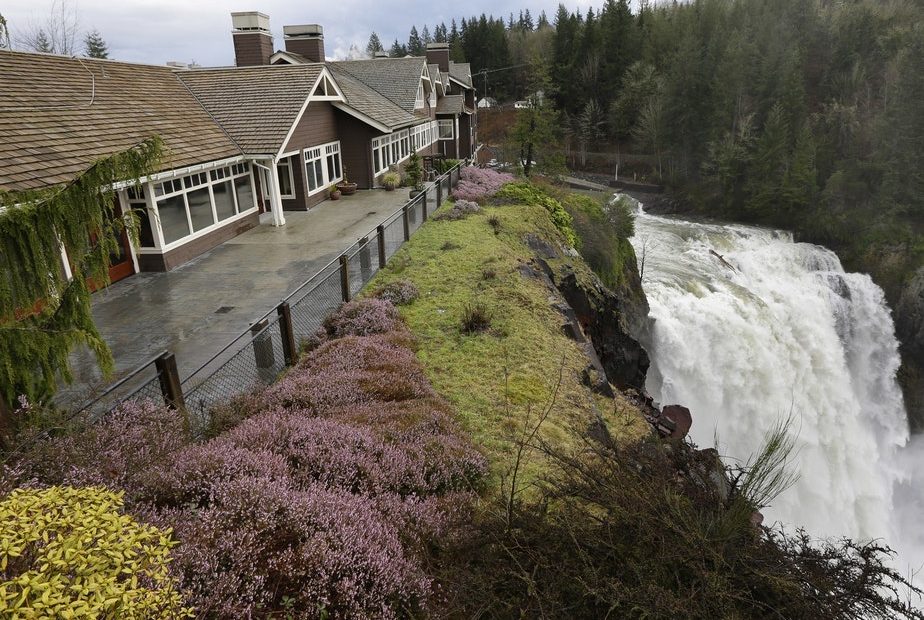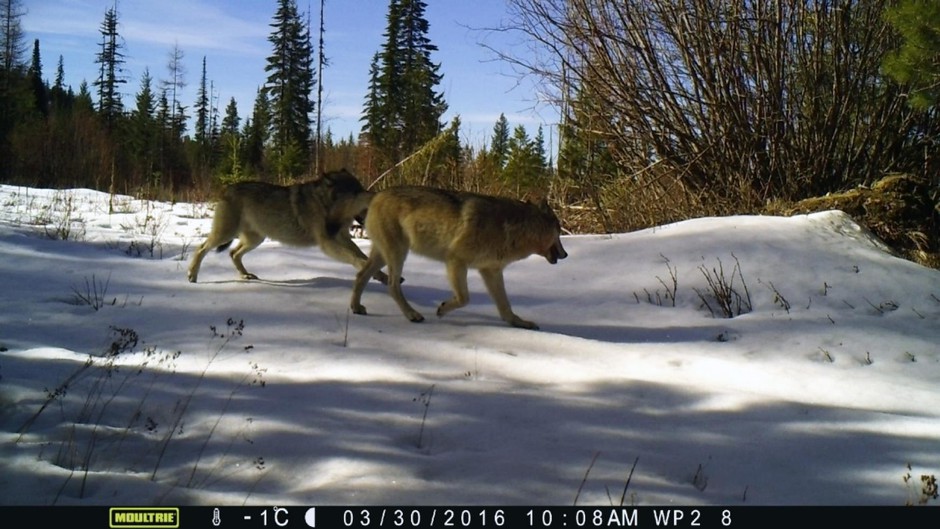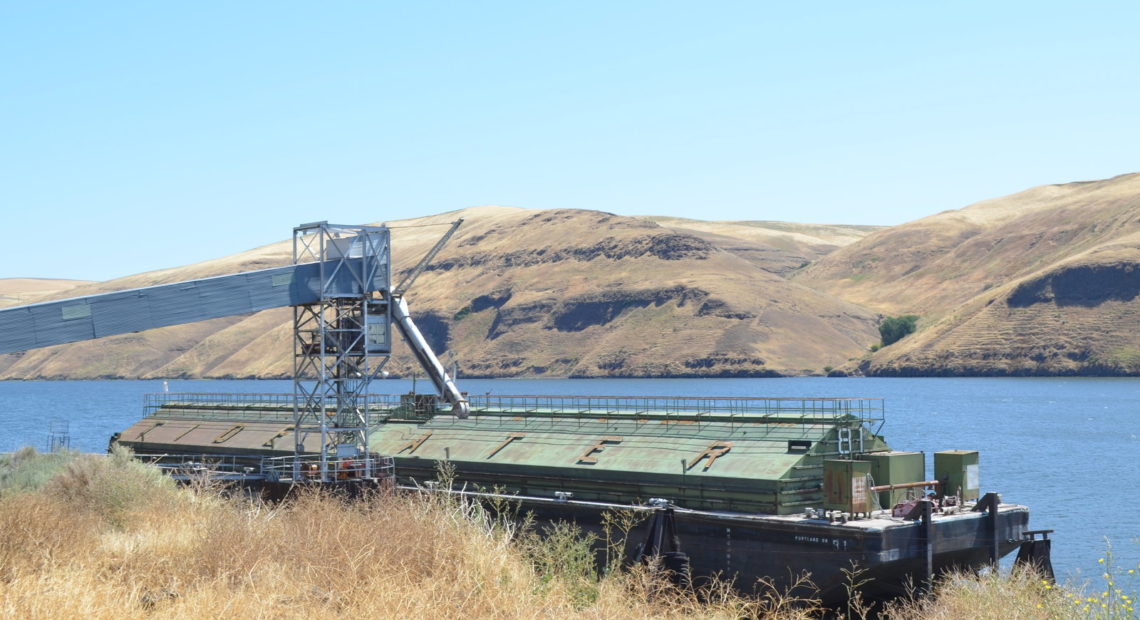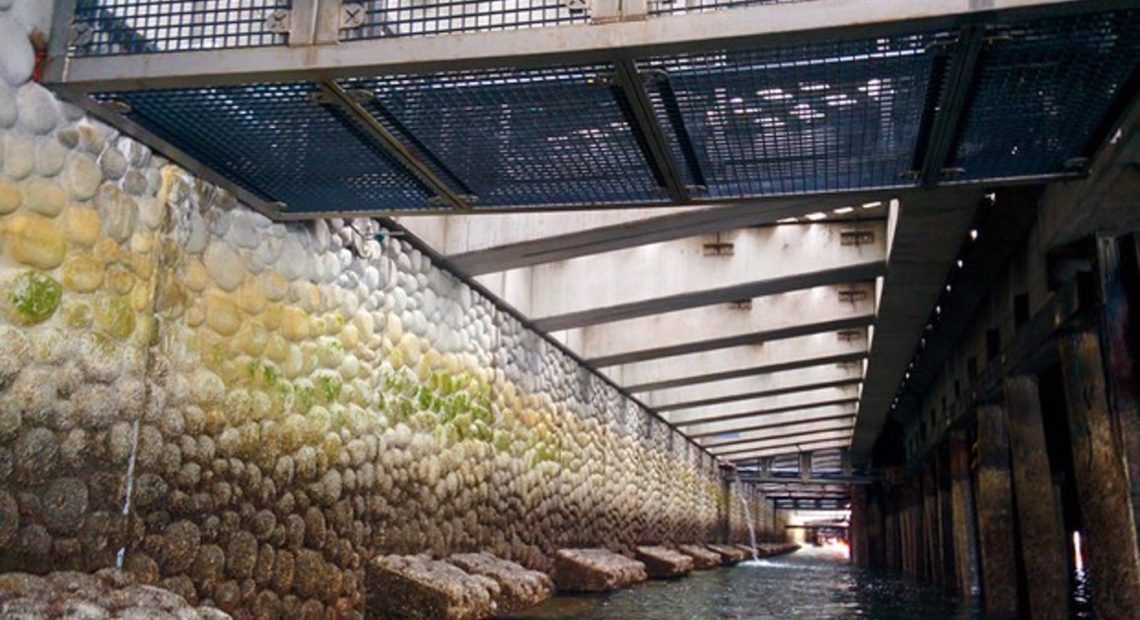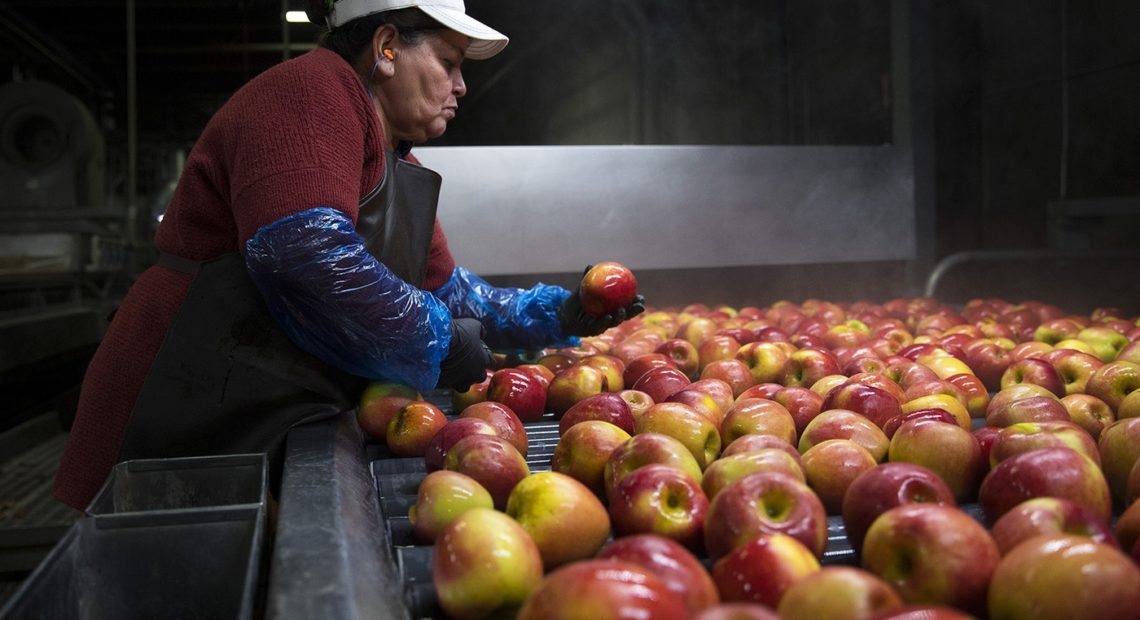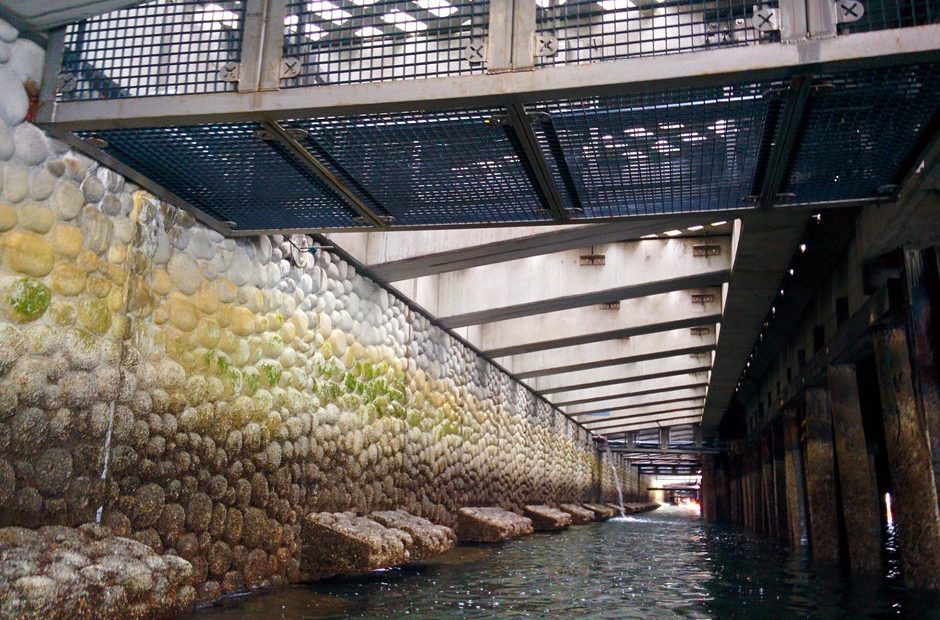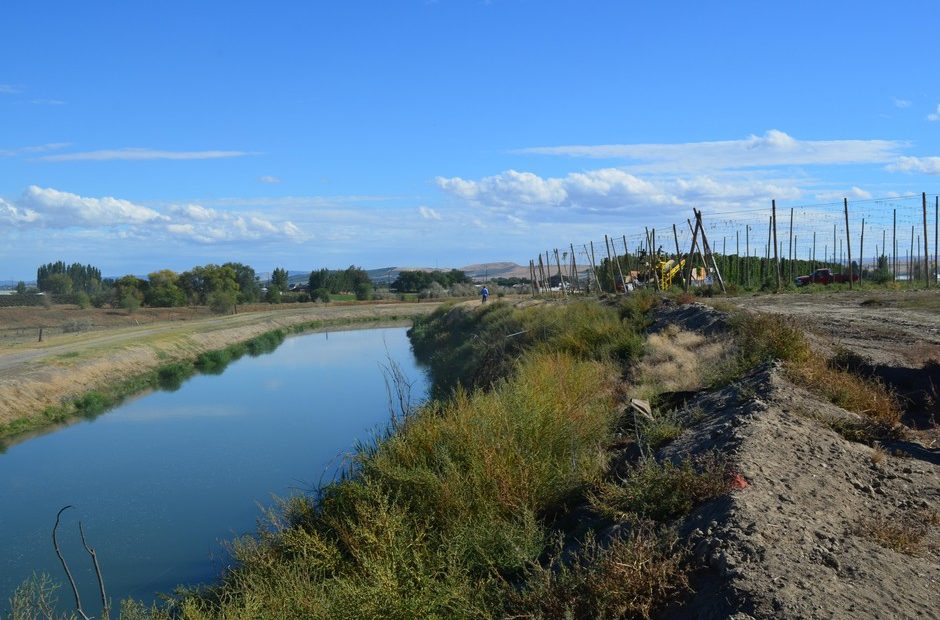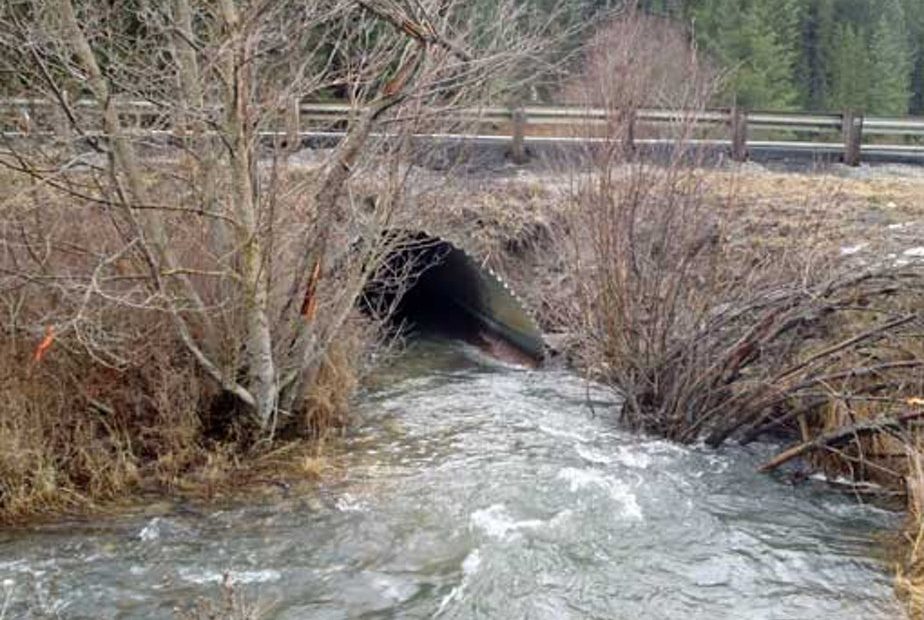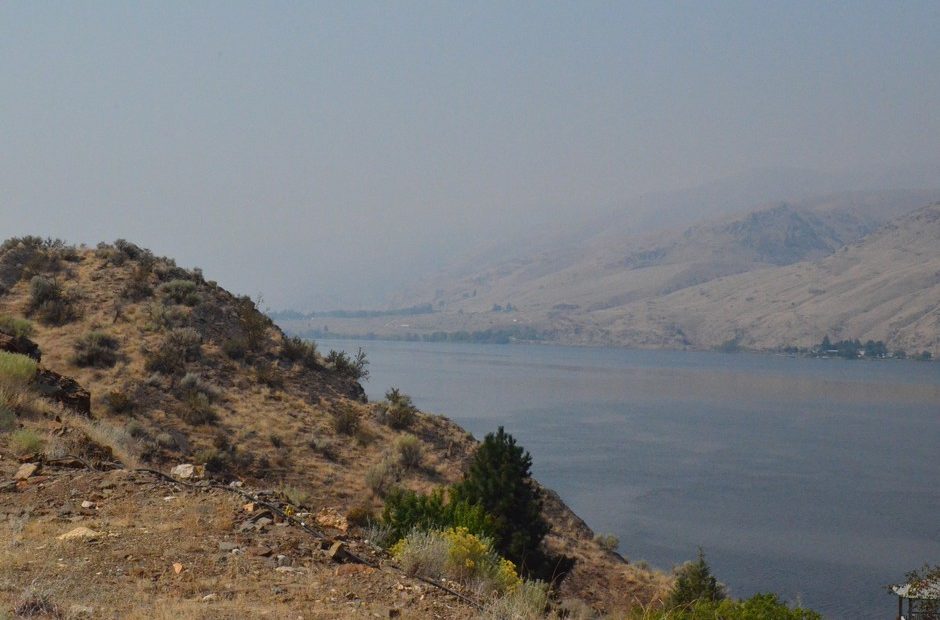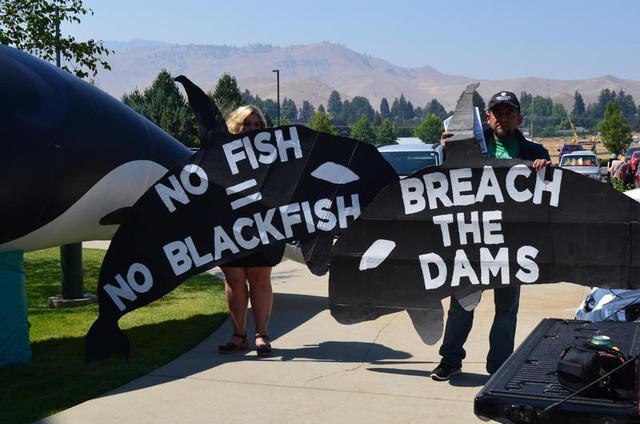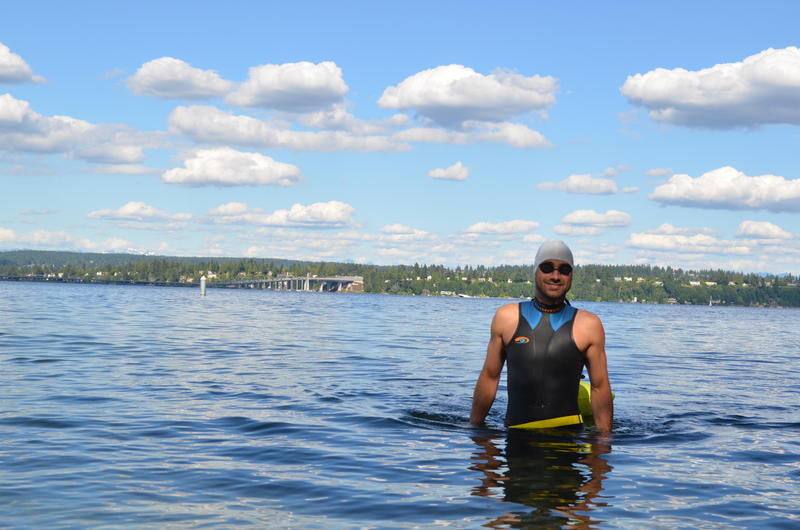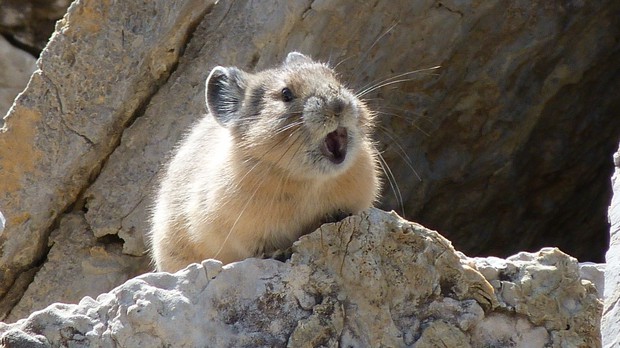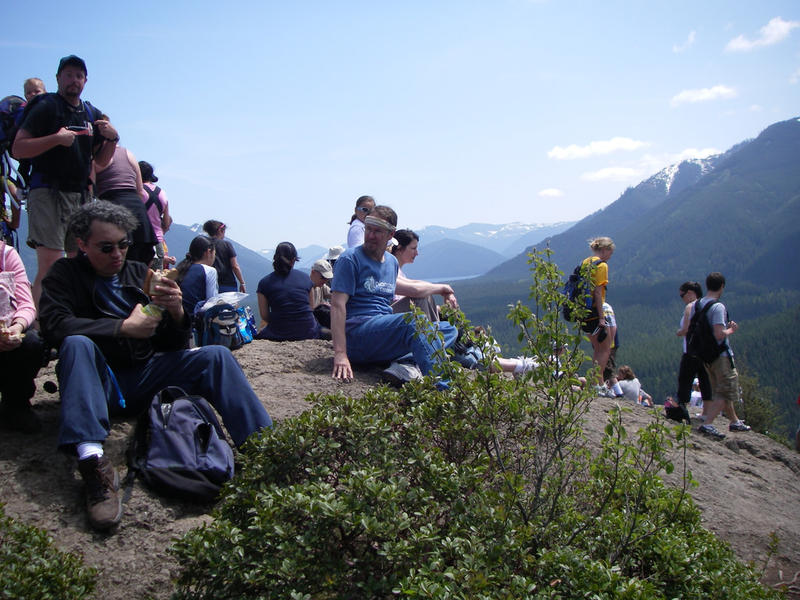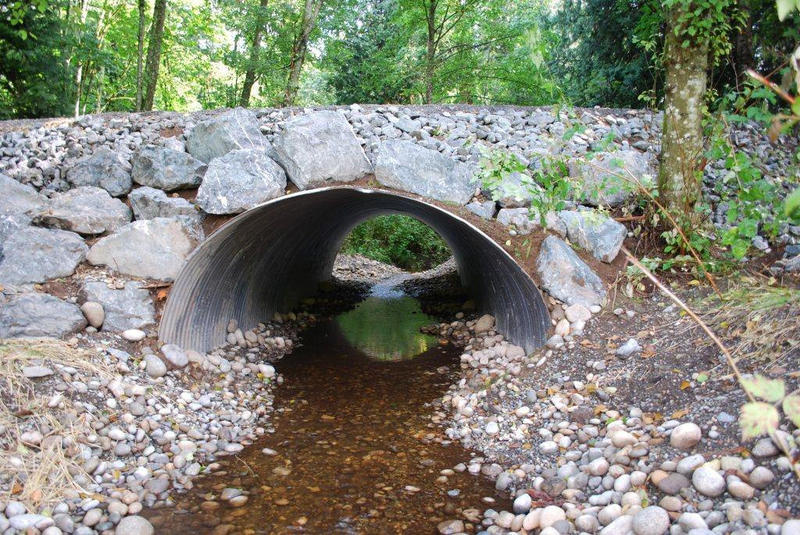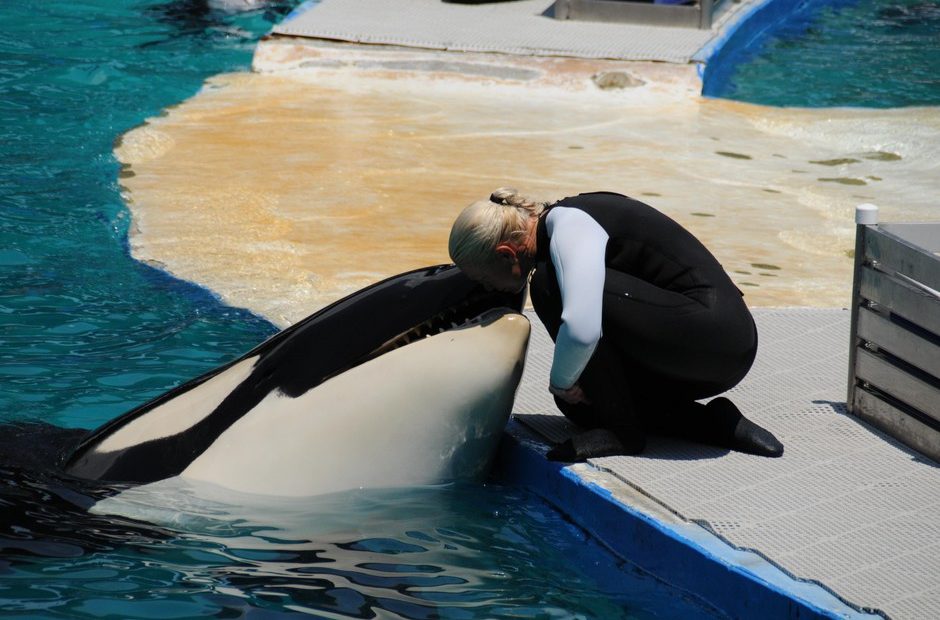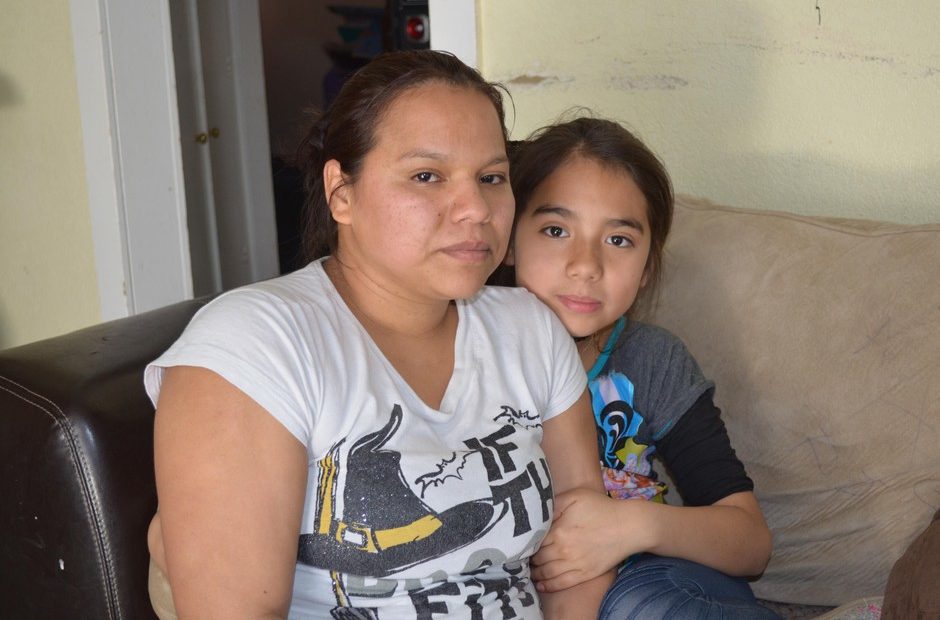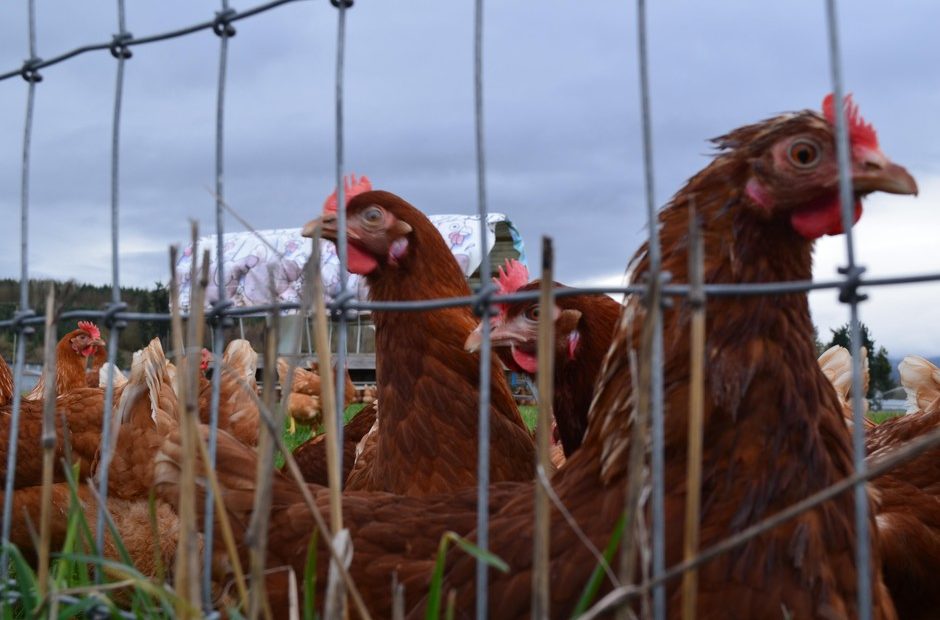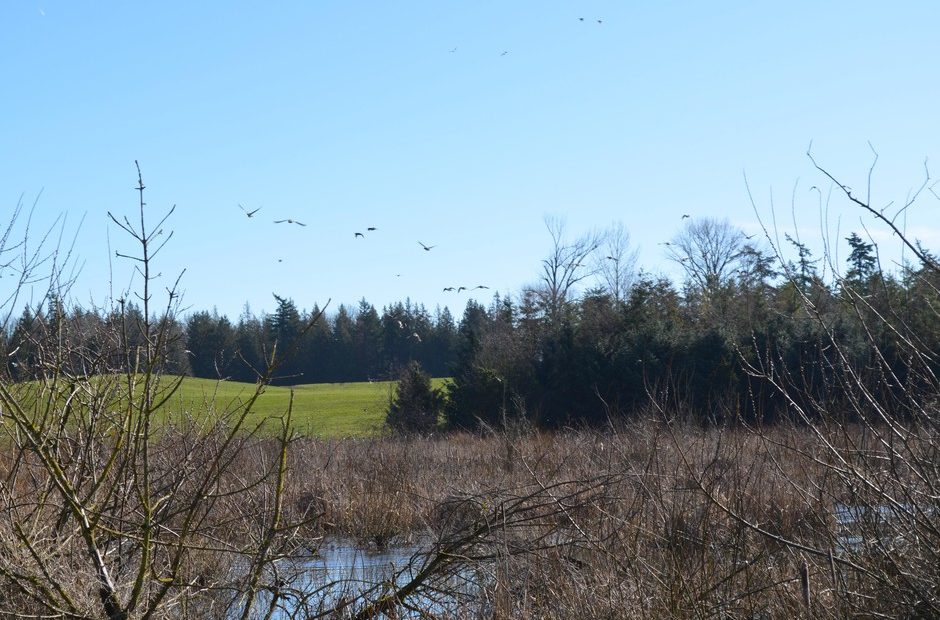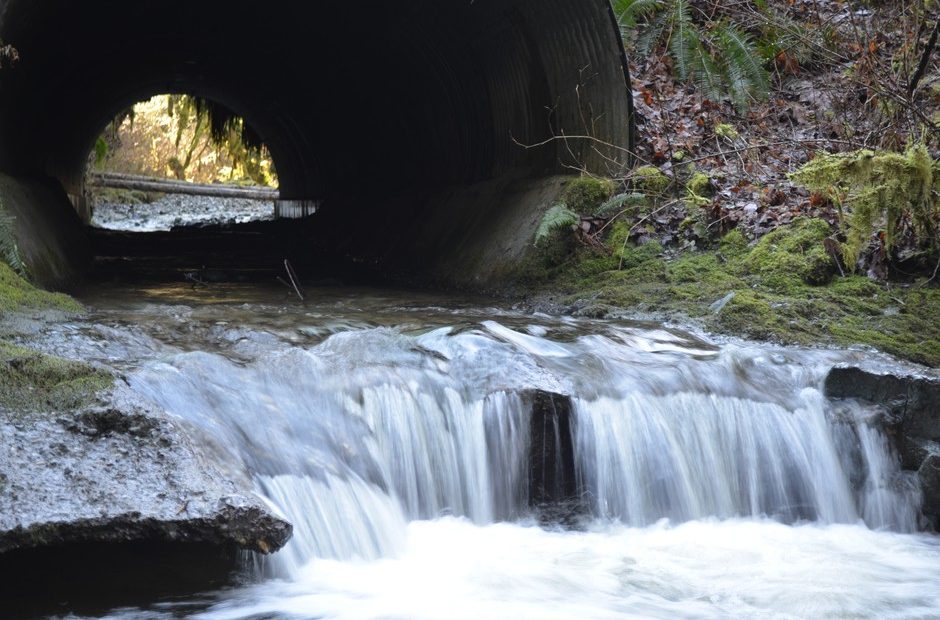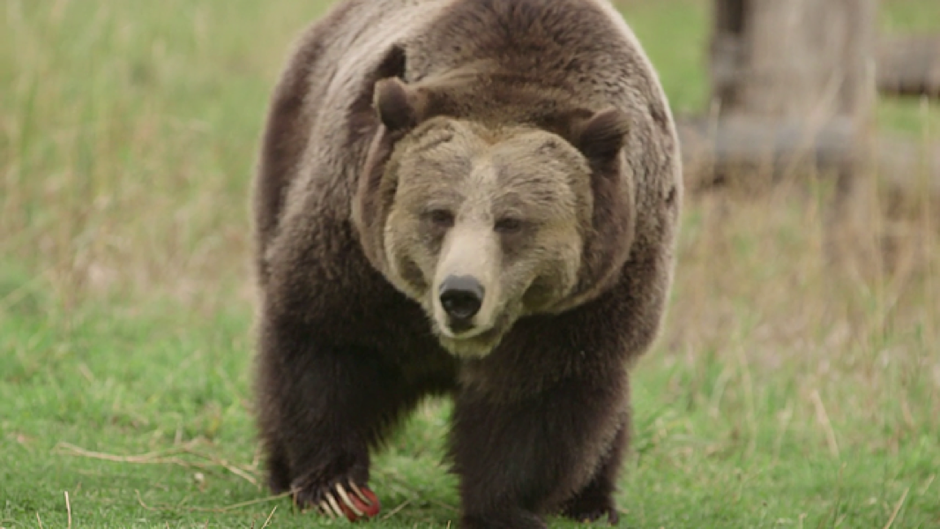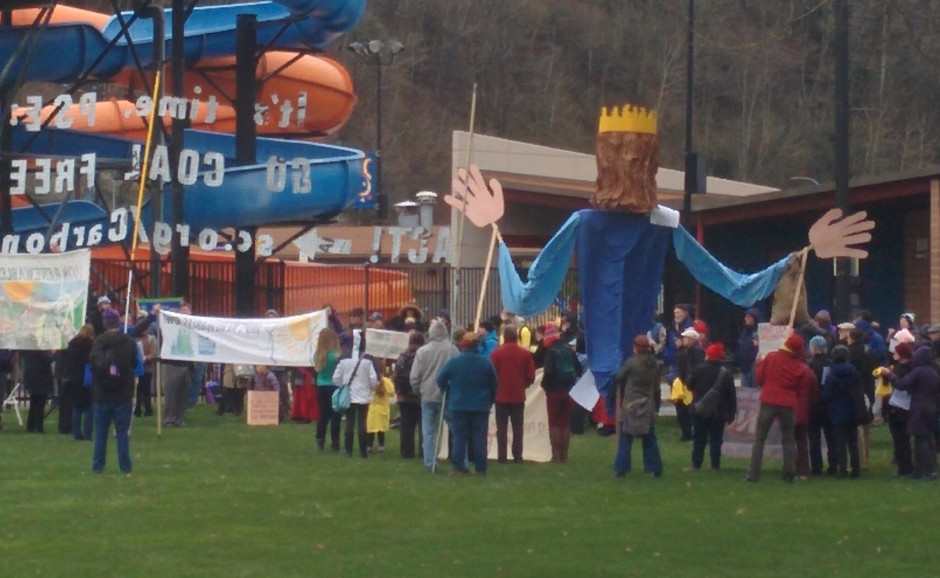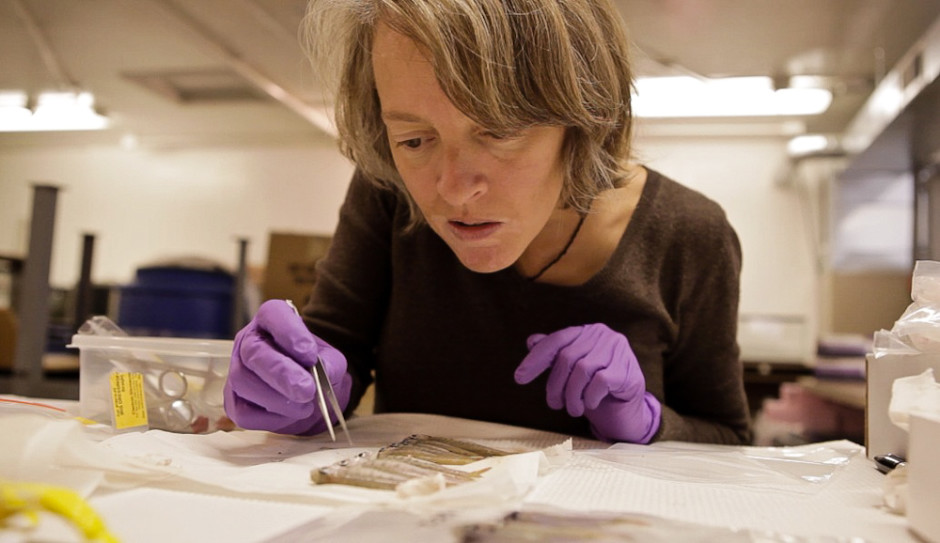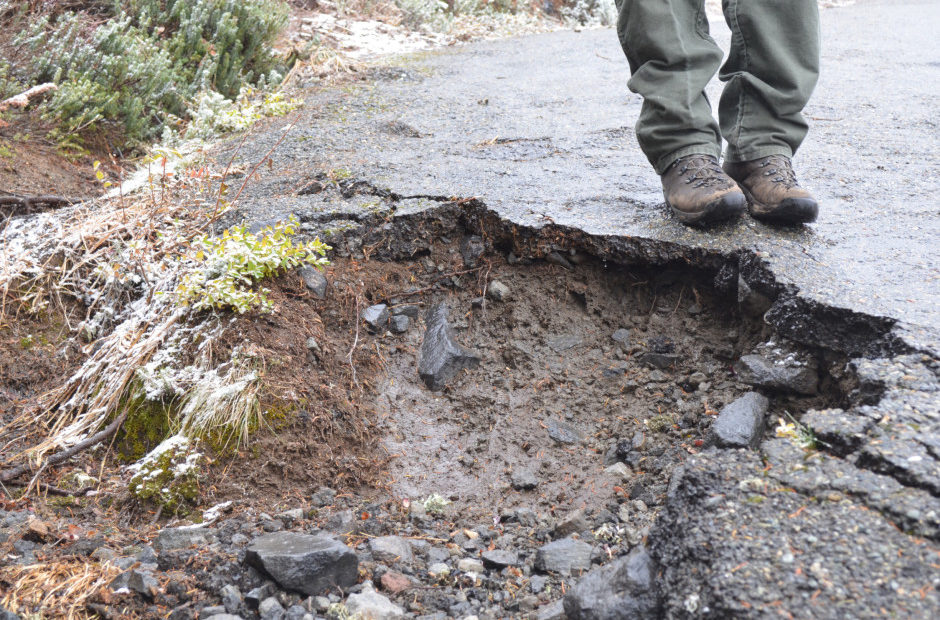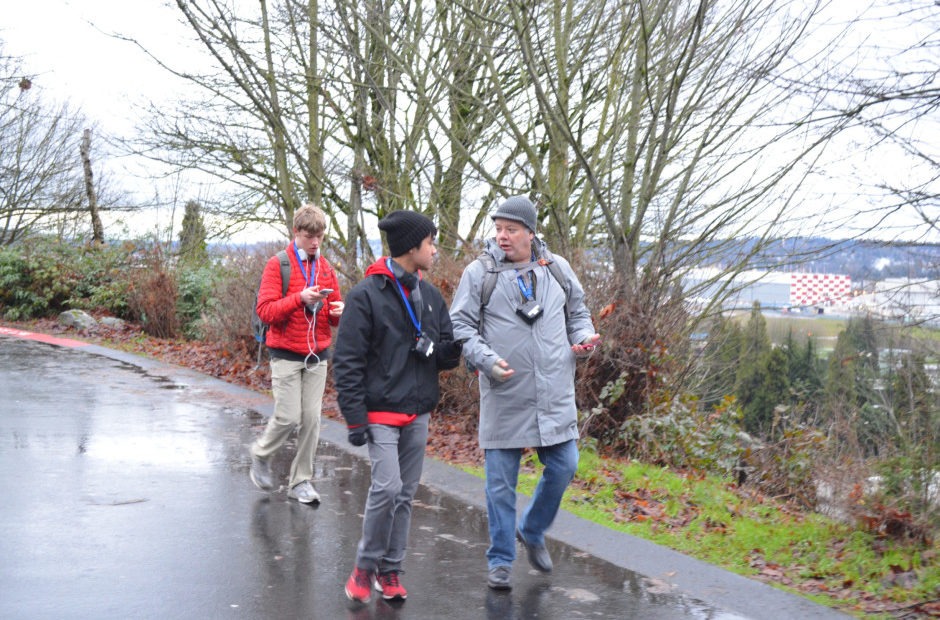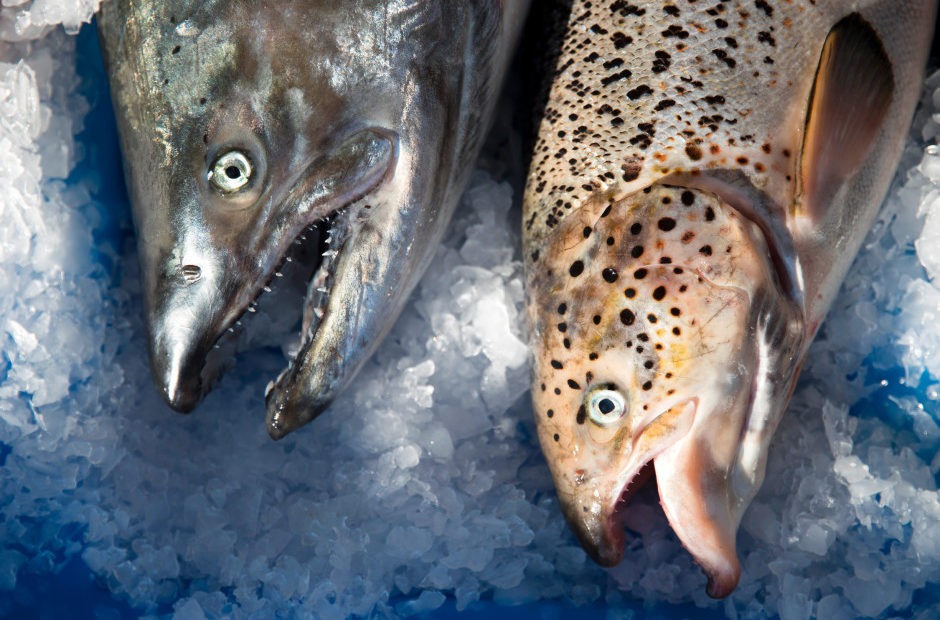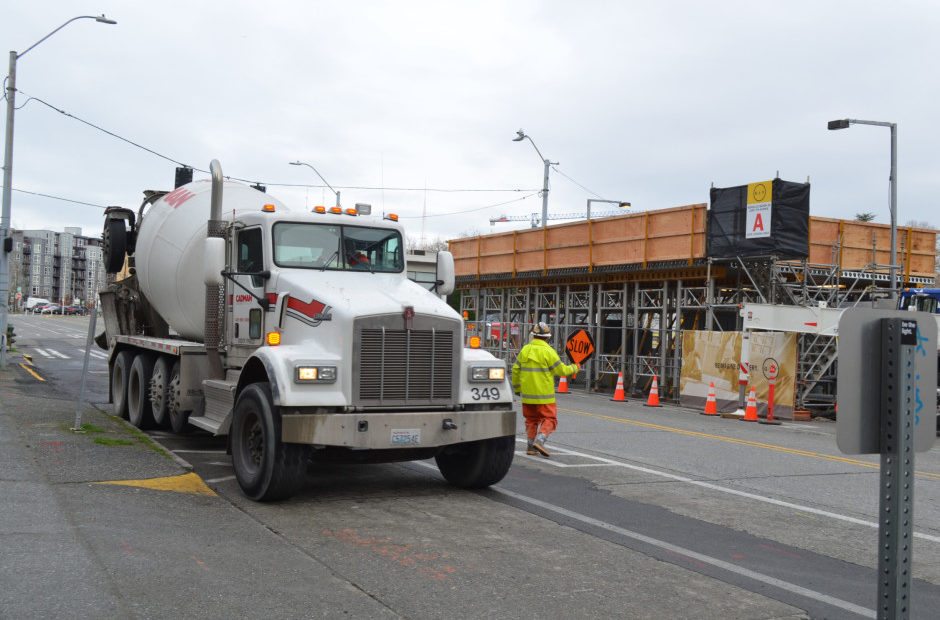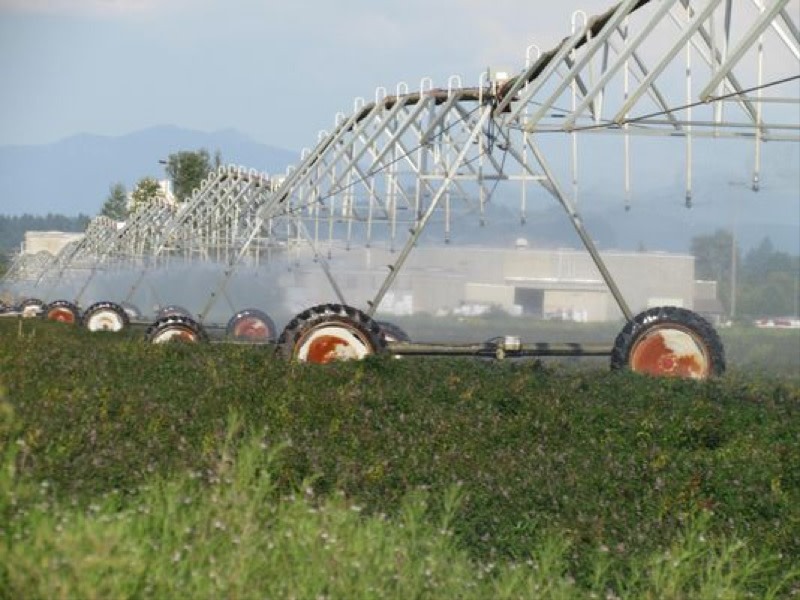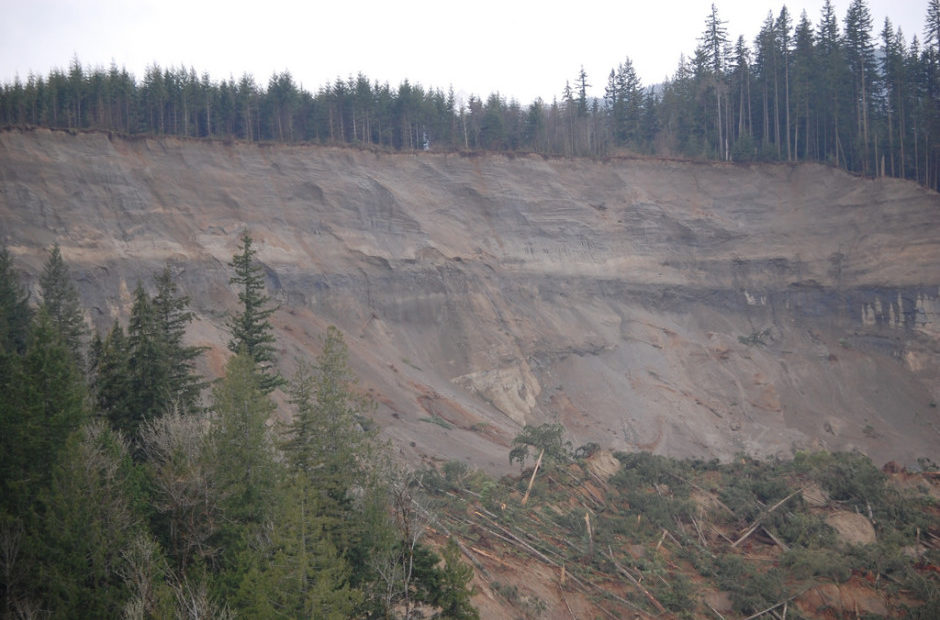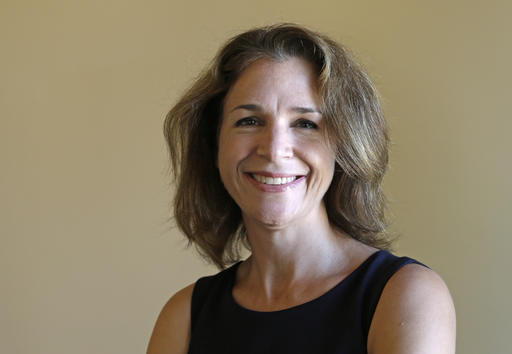A new subvariant of the Coronavirus has been detected in Washington State Listen Washington State Epidemiologist Dr. Scott Lindquist discusses possible impacts of the new subvariant / Runtime – 22 […]Read More
The Indian Health Service has been lauded for the success of its vaccination campaign. But not every Native American got to be part of that. Tribes that aren't recognized by the U.S. government have received none of the resources directed to Indian Country to help them survive the pandemic.Read More
The Washington state Department of Health told us they aren't keeping track of who's eligible and who's not among those vaccinated, but anecdotal evidence suggests ineligible people are getting vaccines at many clinics across the state. This happens because each provider must come up with its own process for checking eligibility, and most rely on the honor system.Read More
COVID-19 cases are hitting record highs throughout the state. And the reservation's borders are fluid, so even the tribe's extensive precautions haven't been enough to fully protect Colville members. About 300 people on the Colville Reservation have tested positive for the coronavirus.Read More
Across the country, public health workers on Native reservations are scrambling to prepare for COVID-19. In Washington, one of those who died at the hard-struck nursing home in Kirkland was a member of the Cowlitz Indian Tribe. But tribes are expecting much worse to come, and they're trying to get ready.Read More
In Washington Skagit Valley, a conflict is unfolding between the Upper Skagit Tribe and farmers as elk are making a comeback there. Read More
The tribe made the purchase — which includes the surrounding land and nearby hotel —from the Muckleshoot Tribe for $125 million. The falls are sacred to the Snoqualmie people, and their traditional burial site is right above the falls.Read More
King County Superior Court judge ordered state officials on Friday morning to temporarily stop killing members of a wolf pack in the Colville National Forest, in northeastern Washington — but their fate had already been decided.Read More
Washington's Snake River dams are important to wheat farmers.The state's wheat crop brings $700 million into the state's economy, more than any crop except apples. The vast majority of that wheat gets exported, most of it to Asia.Read More
The state legislature is considering a bill that aims to help southern resident killer whales by protecting shoreline salmon habitat. But soon it might be more difficult to build a seawall on Puget Sound.Read More
The chemical’s especially dangerous for babies and small children because it can have lasting neurological effects. Chlorpyrifos can blow from orchards into nearby houses; parents who work in orchards can transport the chemical home on their clothes and in their cars; and chlorpyrifos can make its way into developing fetuses through umbilical cord blood.Read More
The Seattle waterfront is getting a redesign to be friendlier to fish. The city is redesigning this area for migrating salmon, making it more like the shoreline that was here before there was a city.Read More
It’s September, so the hops harvest is in full swing in Washington’s Yakima Valley. At the Carpenter family’s farm in Granger, workers are making their way between rows of trellises, pulling down vines and feeding them into a sorting machine.Read More
On Sunday, Sept. 9 at 9 p.m., the Washington State Department of Transportation closed Blewett Pass for five days to replace fish-blocking pipes with a fish-friendly concrete box. The construction will cost taxpayers $1.2 million, although that’s nowhere near the full cost of the project.Read More
Climate change is advancing. Snowpack is decreasing, and summers are hotter and drier. A century’s worth of fire suppression is leaving forests overloaded with fuel. All of that is creating the conditions for wildfires to spread quickly and widely and burn huge trees along with the underbrush. Fire seasons are now 105 days longer in the western U.S. than they were in the 1970s.Read More
Washington Gov. Jay Inslee's orca task force met in Wenatchee this week to come up with a long-term plan to help the recovery of the orca population that spends much of its time in or around the Puget Sound.Read More
Our region’s booming growth is also part of the problem. More overuse of fertilizers, pet waste, leaky septic tanks, people feeding ducks and geese — all give cyanobacteria the nutrients it needs to grow.Read More
Pikas like it cold, so, as the climate has warmed, they’ve disappeared from lower elevations where they used to live. For years, scientists thought pikas were adapting to climate change by moving uphill. But new research indicates the news is even worse than that.Read More
At 2 o’clock on a recent Friday afternoon, the parking lot at the Mailbox Peak trailhead was almost full. This much was to be expected: Mailbox is a popular hike in the Middle Fork Valley, just outside of North Bend.Read More
A tie in the U.S. Supreme Court may cost Washington state $2 billion. The court split 4-4 June 11 in a long-running court battle between tribes and the state over salmon-blocking road culverts.Read More
They threw noisemakers into the water to drive pods of orcas into the narrow cove, then blocked the way out and pulled the baby whales out of the water. Nearly 50 orcas from the Salish Sea’s population were captured this way. Today, only one of those whales is still alive.Read More
Most people think of asthma as a city kid problem — but it turns out rural kids are just as likely to have asthma. And the children of the people who grow our food are especially vulnerable. Researchers at the University of Washington and the Yakima Valley Farm Workers’ Clinic are working on a new approach to solving the problem.Read More
One of the eco-labels Wilcox Farms acquired in recent years is “salmon-safe,” a label more often seen on craft beer and Northwest wine bottles than egg cartons. The salmon and steelhead in the Nisqually River have been declining for decades, and that’s a huge concern for the Nisqually Tribe.Read More
The Trump administration wants to slash the federal government’s biggest source of funds for conservation on private land. Here’s what you need to know.Read More
Seventeen years ago, 21 tribes sued Washington state to fix road culverts. On April 18, the U.S. Supreme Court is scheduled to take on the case. The question is whether state taxpayers should have to dish out billions to dig up roads so salmon can get through. The court’s decision will have repercussions for tribes all over the West.Read More
Interior Secretary Ryan Zinke came to Washington’s North Cascades Friday to make one thing clear: He wants his agency to get back to work deciding by year’s end whether to reintroduce grizzlies to the North Cascades.Read More
About 100 activists gathered Wednesday, Feb. 21 to protest Puget Sound Energy’s plan to keep producing electricity from coal until 2035. PSE is the company that likely keeps your lights and Wifi on if you live in the Puget Sound area but not in Seattle. Their main concern was climate change.Read More
Each time it rained during an eight-week period in the winter of 2015, someone from Jenifer McIntyre’s team drove up to Seattle and collected stormwater near the Highway 520 bridge across Lake Washington.Read More
The U.S. Interior Department plans to expand energy development on public lands and offshore to pay for the National Parks’ maintenance backlog. Read More
It’s 8 a.m. on a rainy, windy Saturday morning, and John Hoac and Brandon Teeny just got to school — Cleveland High in south Seattle. They’re here to measure air and noise pollution on campus.Read More
Three Washington state agencies have released their investigation into what happened when the Cooke Aquaculture salmon farm collapsed last August on Cypress Island north of Anacortes.Read More
As the Pacific Northwest economy booms, it’s using a lot of concrete to build buildings, roads, and other infrastructure. Making all that concrete is a big part of our carbon footprint, and it all comes from one plant: Ash Grove in south Seattle. Read More
Northwest farmers, cities and conservationists rely on melting snow to water their crops, feed their aquifers, and fill streams and rivers for fish. But, usually, no one has any idea how much snowpack—and, thus, snowmelt—to expect until it’s too late.Read More
In the wake of the Oso landslide and the current situation unfolding at Rattlesnake Ridge near Yakima, Washington state public lands commissioner Hilary Franz is asking the Legislature for more time to review proposals from timber companies to log potentially unstable slopes.Read More
Washington’s commissioner of public lands is calling on the state legislature to put a price on carbon to try to curb emissions in the state. But Hilary Franz differs with Gov. Jay Inslee about how to use the money.Read More

